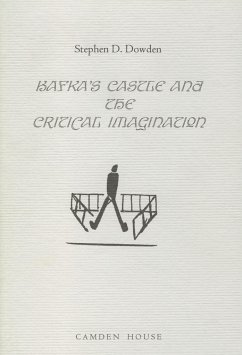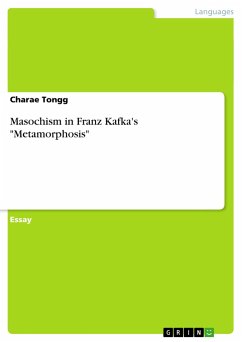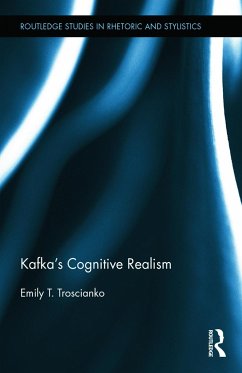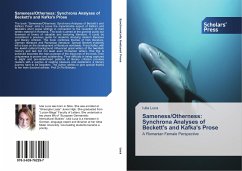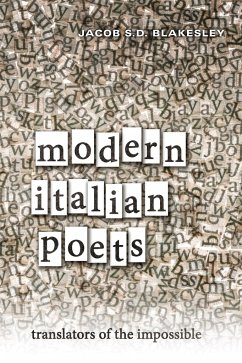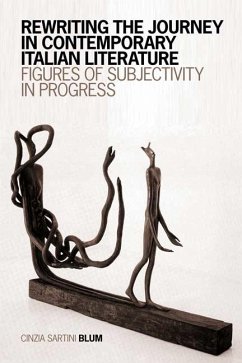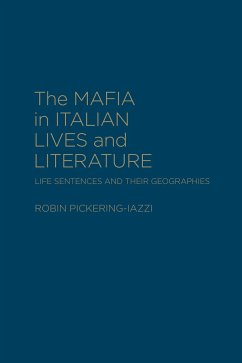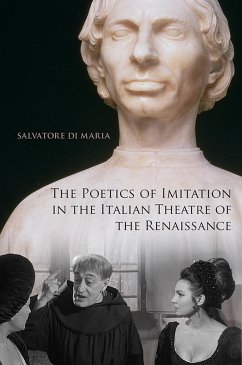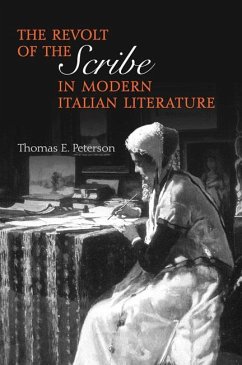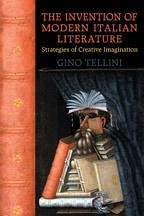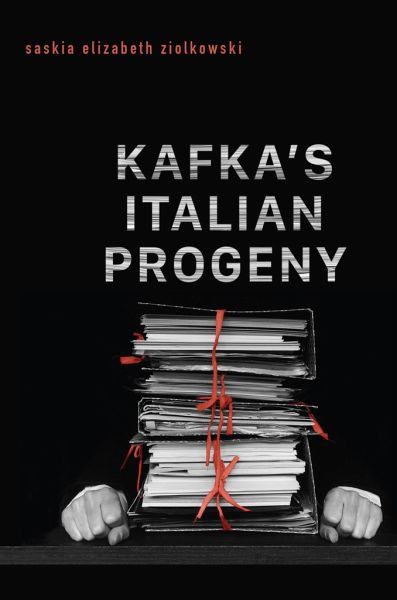
Saskia Elizabeth Ziolkowski
Gebundenes Buch
Kafka's Italian Progeny
Versandkostenfrei!
Versandfertig in über 4 Wochen

PAYBACK Punkte
46 °P sammeln!




This book explores Kafka’s sometimes surprising connections with key Italian writers, from Italo Calvino to Elena Ferrante, who shaped Italy’s modern literary landscape.
Saskia Elizabeth Ziolkowski is an assistant professor of Italian in Romance Studies at Duke University.
Produktdetails
- Verlag: University of Toronto Press
- Seitenzahl: 312
- Erscheinungstermin: 6. Januar 2020
- Englisch
- Abmessung: 231mm x 155mm x 28mm
- Gewicht: 612g
- ISBN-13: 9781487506308
- ISBN-10: 1487506309
- Artikelnr.: 58292960
Herstellerkennzeichnung
Libri GmbH
Europaallee 1
36244 Bad Hersfeld
gpsr@libri.de
Für dieses Produkt wurde noch keine Bewertung abgegeben. Wir würden uns sehr freuen, wenn du die erste Bewertung schreibst!
Eine Bewertung schreiben
Eine Bewertung schreiben
Andere Kunden interessierten sich für


